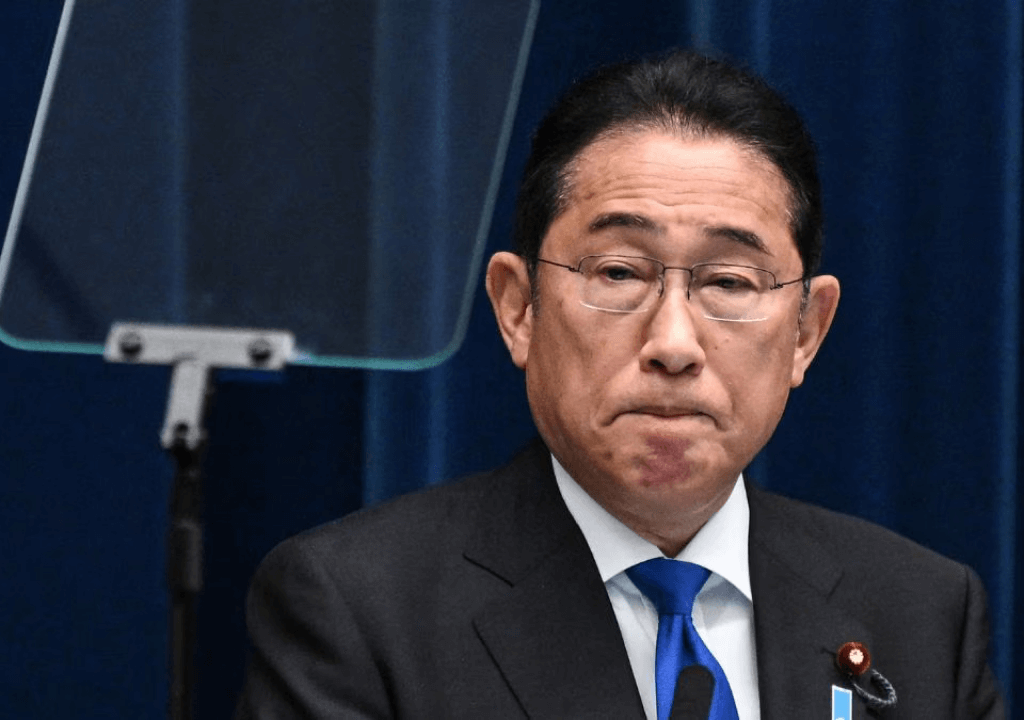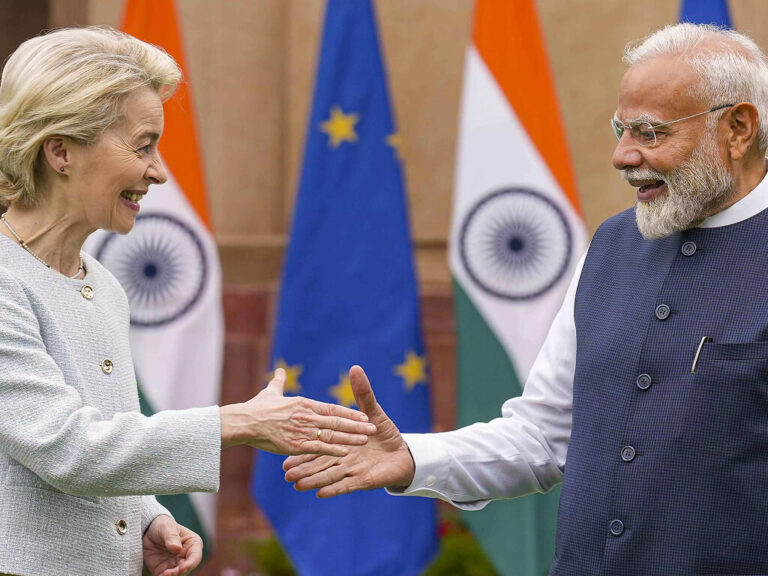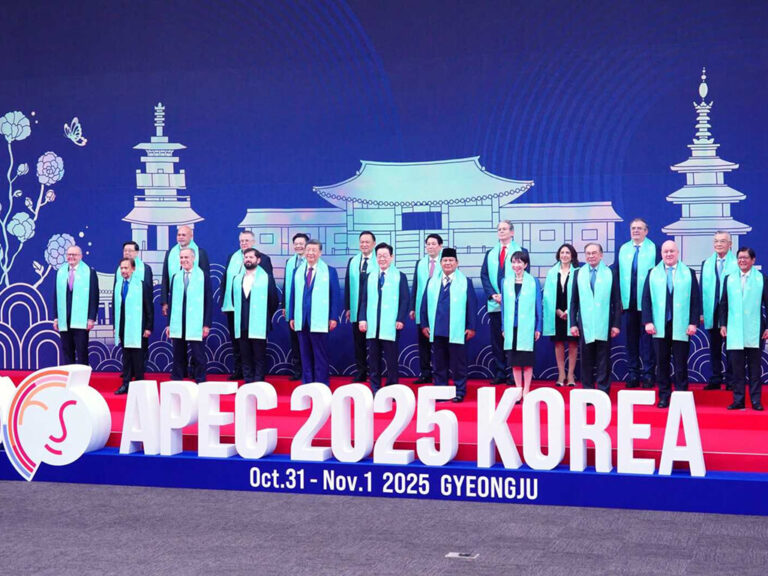As Japan’s Prime Minister Fumio Kishida decided to step down in September following his poor approval ratings, it has become certain that Japan will have a new prime minister next month. The ruling Liberal Democratic Party (LDP), a conservative party despite its name, is facing challenges in finding a successor. Their previous attempts, including Kishida, to continue the legacy of Shinzo Abe, who served as LDP’s prime minister from 2012 to 2020, have failed. The election to choose Kishida’s successor will take place during an LDP meeting in September.
Kishida’s decision to step down has triggered one of the most unpredictable leadership races for the LDP in recent history. The selection process has turned what was once a competitive race with a vulnerable incumbent into an open contest with numerous credible contenders but no clear frontrunner. Among the potential successors are party insiders, unconventional ministers, and, in a rare move for Japan, two MPs under the age of 50. The presence of two women in the race also raises the possibility – however slim – of the country’s first female prime minister. This uncertainty is fitting, as it comes at a time of significant instability for the LDP, a broad coalition of conservatives that has governed modern Japan for most of the time since its establishment in the mid-1950s.
Shigeru Ishiba, a former defense minister in his 60s who has declared his intention to run, could play a key role in the party’s future. Although he has failed in four previous attempts to become party leader, Ishiba consistently polls well among voters and should easily secure the 20 endorsements from lawmakers required to enter the race. The final decision will be made by the party’s 1.1 million members. Ishiba may face competition from digital minister Taro Kono, a moderate, and Shinjiro Koizumi, the 43-year-old son of former prime minister Junichiro Koizumi. The candidacy of two women is also notable. Yoko Kamikawa is one of the two women who might become prime minister if she receives support from Fumio Kishida. Meanwhile, Sanae Takaichi, the economic security minister and a right-wing favorite, recently underscored her conservative credentials with a visit to Yasukuni Shrine, a site linked to Japan’s militarist past. The party’s secretary-general, Toshimitsu Motegi, is likely ruled out due to his connection with factional maneuvering that has alienated voters.
Kishida could still influence the race, especially if he supports another potential candidate, Yoko Kamikawa, whom he appointed last year as Japan’s first female foreign minister in nearly two decades. Although Kishida is not popular with the public, he remains influential within the party. If he backs Kamikawa and secures support from others in the LDP, she could become a strong candidate.
The unexpected decision provides the LDP with some breathing room. With a month to choose a new leader and a year before the general election scheduled for October 2025, the new leader’s top priority will be to restore public trust before the next general election. The LDP’s next leader must be able to unite the party and effectively manage the government, with experience being more valuable than mere popularity in polls. Kishida’s successor will also need to address pressing issues such as the rising cost of living, escalating tensions with China and North Korea, and the potential return of Donald Trump as U.S. president. If the LDP selects a leader without addressing public concerns over political funding scandals, the party could face a significant defeat in the upcoming election. It would be advantageous for the LDP to choose a young leader with no ties to the current administration who can offer a fresh vision for the party.
Given that the parliament is controlled by the LDP, the new leader will not face immediate challenges from within. However, if the party performs poorly, it risks losing its administration after nearly 13 years and potentially seeing the return of the opposition. As regional tensions with the U.S. and China escalate, strong governance is essential for Japan to safeguard its interests.








